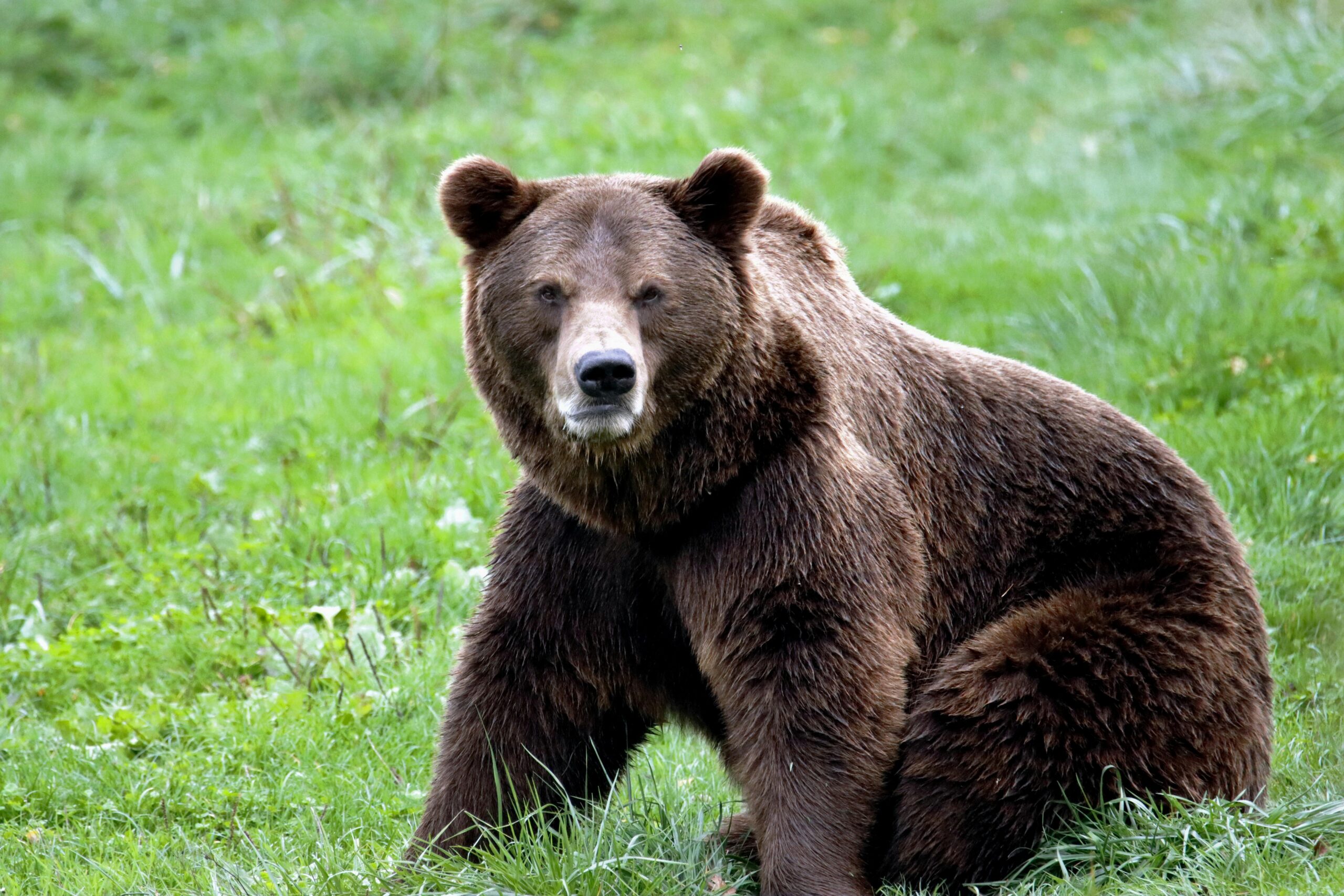Current pesticide use has serious consequences for the environment and human health. Current policy assessments have mainly focused on how pesticides pollute ecosystems and affect economies, but recent studies show they harm more than just pests. For instance, recent studies found that bumblebees across Europe face harmful pesticide exposure, linked pesticides to declining bird populations, and showed how pesticides reduce soil diversity.
These effects threaten food security by disrupting vital ecosystem services like pollination and pest control. Even low but sustained levels of exposure can harm biodiversity, impacting soil functions and nutrient uptake, which then increases the need for chemical fertilizers.
Despite this mounting evidence, current European regulations fail to protect non-target species and ecosystems . Efforts to improve pesticide use have faced resistance due to concerns about food production and economics, resulting in recent policy setbacks.
To address this, a broader approach is needed that considers societal goals alongside food security and farm economics. This means transforming agriculture by diversifying landscapes and supporting farmers to adopt sustainable pest management practices. It requires significant investment in research for alternatives and new policies like pesticide taxes to encourage change.
In conclusion, urgent action is needed to protect biodiversity and ensure sustainable food production, aligning with global biodiversity goals.
For the full story, see: https://doi.org/10.1016/j.foodpol.2024.102632

